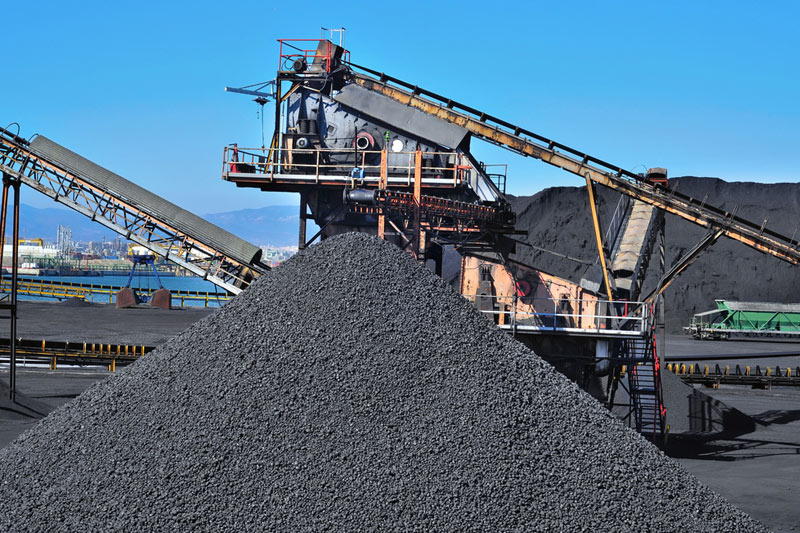(The opinions expressed here are those of the author, a columnist for Reuters.)
By Clyde Russell
LAUNCESTON, Australia, June 21 (Reuters) - India's coal imports are in a declining trend, but the energy value is dropping at a far slower pace than the physical volumes as the South Asian nation switches to higher quality fuel.
This is likely as important a trend as the drop in imports as it indicates that major supplier Indonesia is in danger of surrendering more of the Indian market to rivals such as South Africa, Colombia and Russia.
It also shows that India's thermal coal importers are taking the view that it's better to pay more for higher grade cargoes than to merely take the cheapest on offer, which shows a rising sophistication in how they are adapting their fuel mixes.
And thirdly, given the Indian government's stated aim of cutting thermal coal imports to zero over the next few years, importing lower volumes of better quality coal may go some way to placate the authorities.
Fabio Gabrieli, director of commodity strategy at Mercuria, told the recent Coaltrans Asia conference on the Indonesian island of Bali that the key development for India's coal market was how the calorific value of coal imports wasn't dropping nearly as fast as the actual tonnage.
The argument is borne out by the data and by making certain assumptions about the energy, or calorific, value of coal from various countries.
The exact energy value of India's coal imports isn't available, but Thomson Reuters Commodity Research and Forecasts provide a detailed breakdown of shipments by country of origin.
For the first five months of 2016, India's coal imports were 82.57 million tonnes, a drop of 5.4 percent over the same period last year, according to vessel-tracking data compiled by Thomson Reuters.
Breaking the data down shows that while Indonesia remained the top supplier, with 36.72 million tonnes, this was down almost 20 percent from the 46.9 million tonnes shipped in the first five months of 2015.
South Africa was the relative winner, with India importing 16.58 million tonnes in the first five months, a gain of almost 26 percent over the same period last year.
Other winners included Russia, which exported 1.8 million tonnes to India over the period versus 1.45 million a year ago, and Colombia with 981,000 tonnes compared with just 46,000 shipped in the same period in 2015.
Imports from Australia in the first five months were 18.74 million tonnes, a smidgeon higher than the 18.53 million in the comparable period.
However, cargoes from Australia are mainly coking coal used for steel-making, rather than the thermal coal for power-generation supplied by other countries, so I will exclude it from the calculations on energy values.
CALORIFIC VALUE CHANGES
Indonesian thermal coal is generally of lower quality and for the purposes of the calculations I have assumed a calorific value of 4,500 kilocalories per kilogram (kcal/kg), which is most likely on the generous side as traders say most cargoes sent from the Southeast Asian nation to India are of even lower quality than this.
South African coal is assumed to have an energy value of 6,000 kcal/kg, as is that from Colombia, while Russian coal is put at 5,600 kcal/kg.
On that basis, the energy value of India's imports from those four nations in the January-to-May period is 5.9 percent below what it was for the same period in 2015.
However, the physical volume of coal from the four is 9 percent lower, meaning the decline in tonnes was far more pronounced than the drop in energy value.
Once trends start, they often prove hard to stop, and it's easy to find reasons why India's coal imports will continue to decline in volumes but switch to higher quality fuels.
It was reported on June 17 by industry website miningweekly.com that India's coal ministry has directed government owned and operated thermal power producers to stop all imports as there was now a surplus of fuel available from state miner Coal India COAL.NS .
While directives like this may not be fully implemented and don't apply to private power producers, they are ongoing proof of official antagonism toward coal imports.
This means it's likely that coal importers will continue to try and maximise their bang for their bucks and seek more higher grade coal even as they aim to reduce volumes. (Editing by Himani Sarkar)
